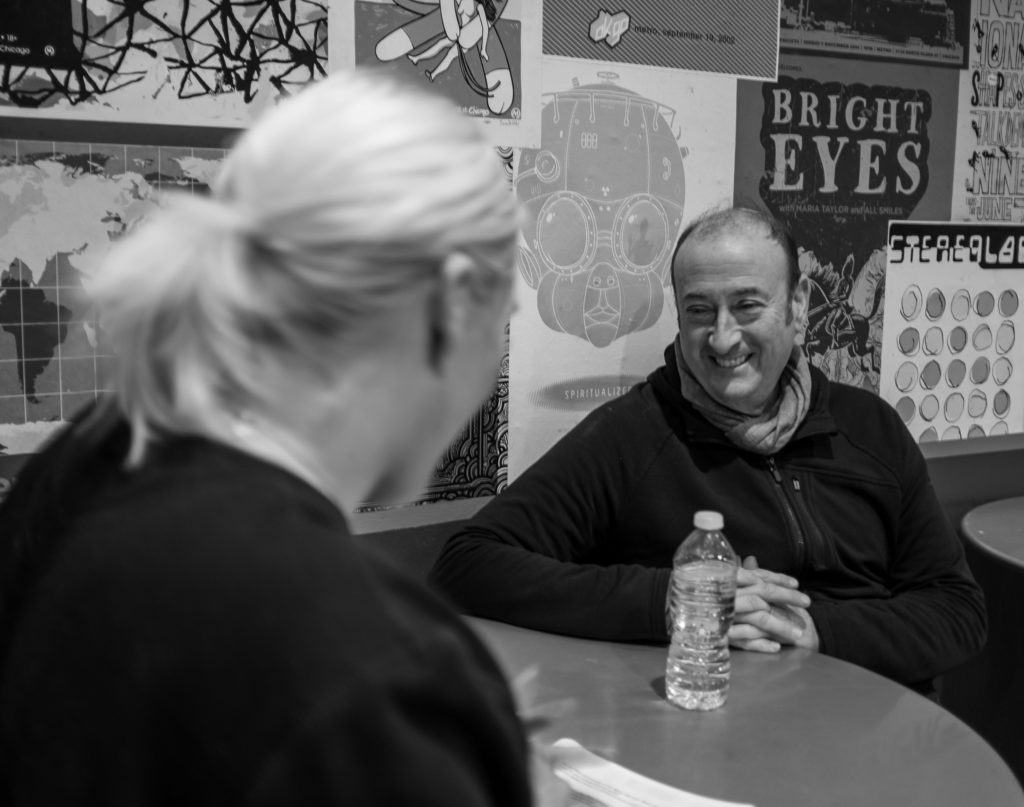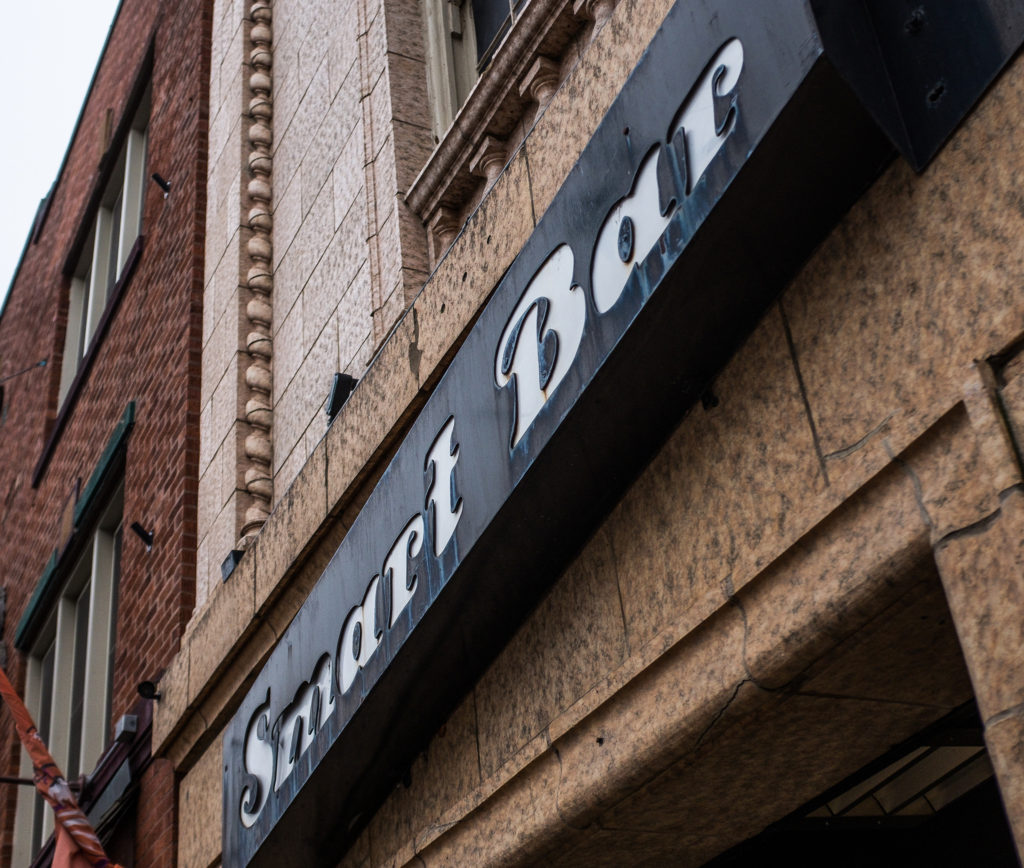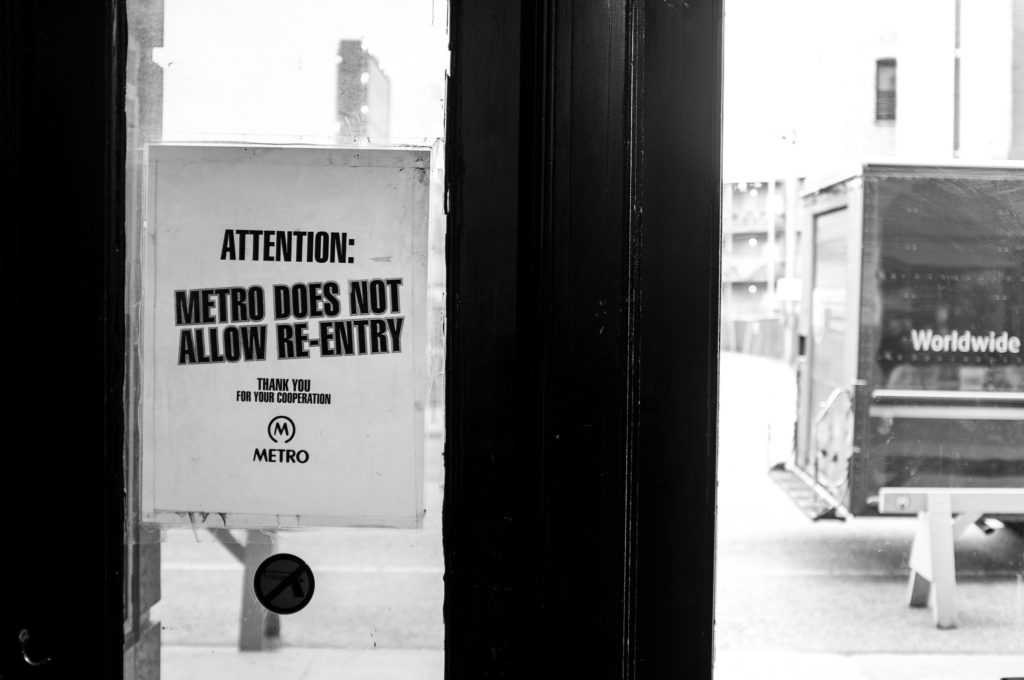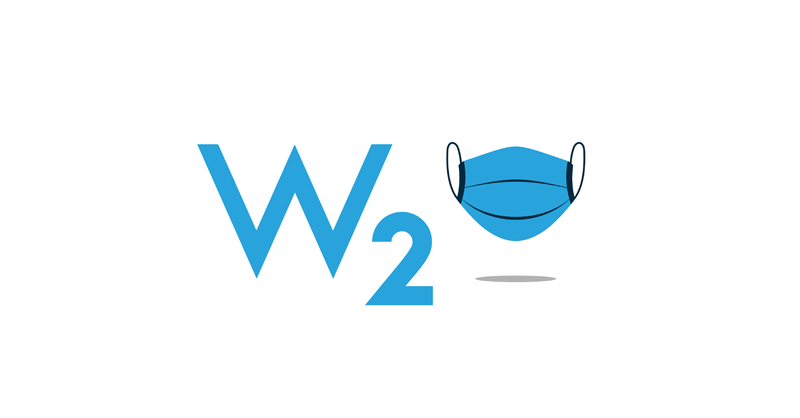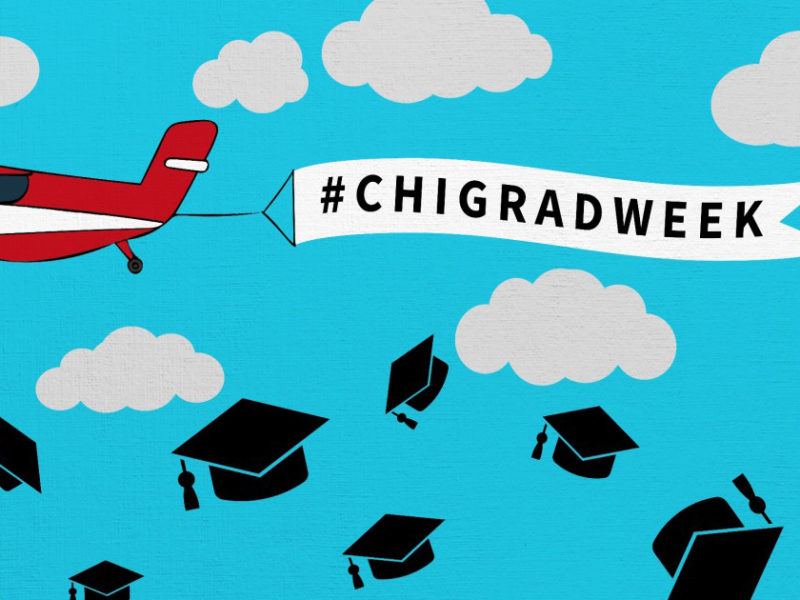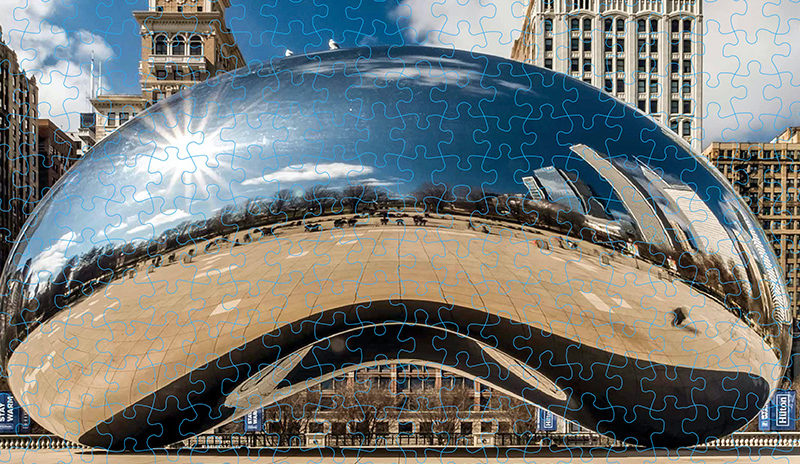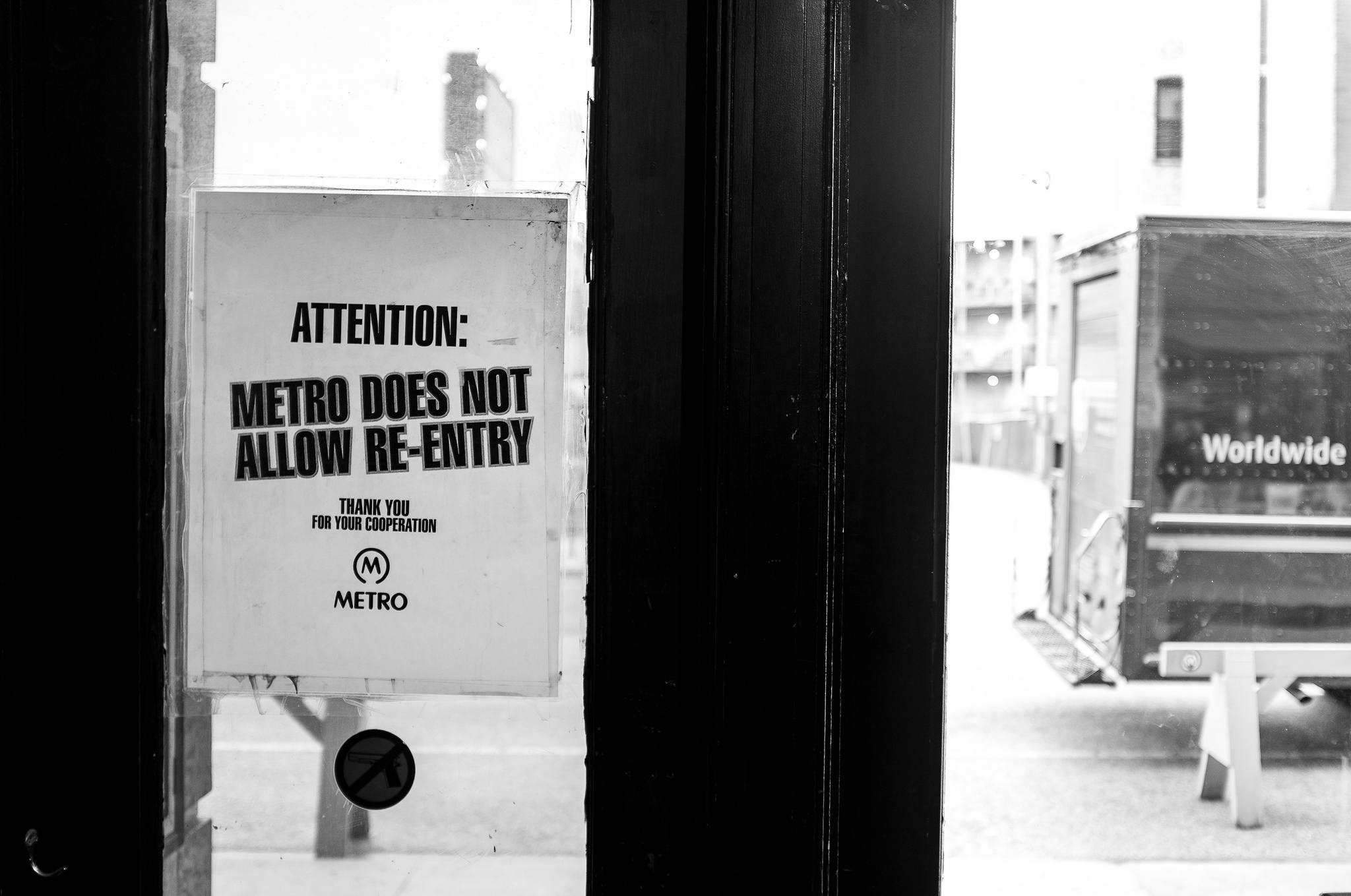
Metro’s Joe Shanahan Celebrates the Venue’s 35th Anniversary
Chicago Ideas’ Director of Booking Mel Safford sat down with the founder of the iconic Chicago music venue Metro Joe Shanahan for a q-and-a that digs into Chicago’s creative identity, and how the city’s music scene and independent culture has changed over the years. The conversation offers a great deal of insight into how the city’s creative culture has changed over the years, and paints a picture of what’s to come.
It’s the 35th anniversary of Metro this year. Did you hear?
I did hear…my bones tell me that.
What came first for you, your love of music, or your entrepreneurial spirit?
Love of music. Number one. Absolutely. I mean, it started like me just playing records in my garage for my brothers and sisters. I was kind of a DJ before they even said DJ.
When did you know you wanted to be an entrepreneur?
I think it happened in high school, because I began to plan either parties or events. I just liked organizational skills. And I was attracted to making things run smoothly or connecting the dots. And I began to surround myself with people who felt the same way. So whether it was young bands, young artists or young DJs, I just felt it that that was always the motion or direction that I was just gravitating towards. It was more like a gravitational pull actually.
I remember being in high school and planning my weekend up to go to x concert, x museum, x gallery—and it was all coming to the city you know. It wasn’t really focused in my neighborhood where I grew up. I really loved jumping on the bus, jumping on the train, and coming downtown and kind of getting lost a little bit in the city.
Can we take a bit of a trip down memory lane? You opened The Metro in 1982. What was your inspiration behind starting the whole thing?
By the time I got to college, the Ramones were on the road somewhat regularly, so I used to road trip to see them, and so they sort of changed the game for me. The Ramones were sort of the first punk rock band that I sort of stepped into their radar. That brought me to New York, so I was like a moth to the flame.
The years leading up were probably more influencing, subtext to that was punk rock. It was sort of the hybrid, part punk rock, part disco. I love both kinds of music—not disco in a top 40 way—it was more of an underground sort of style of disco, which, of course, Chicago has sort of become famous for: house music.
So The Warehouse and La Mere Vipere were a couple of the big draws for me before I opened up Smartbar. I was driven by the artistry and curatorial music and pioneering aspect of Frankie Knuckles and Robert Williams. In Chicago’s live music or punk rock scene, there weren’t a lot of clubs that had live bands seven nights a week like CBGB’s was doing in New York. And so we played records but it wasn’t like the scene in New York or New Orleans or London for that matter, so between all that and The Warehouse, the precedent was set to start Smart Bar and Metro.
It really just came out of throwing parties in my loft with my roommate John, commandeering night clubs that would give me a Monday night and I would bring my own collection of records. We’d have fun with that, and again, there was this sort of hybrid between funk and punk which was my sort of handle
Was there a moment, a night, a concert—anything that you thought that “ok this was the right move… this was the first game-changing thing.”
Yeah, the first band I booked. That was R.E.M. I saw them in New York when I was kind of tripping back and forth between New York and Chicago, and I’d go to New York for a long weekend, it could last a week, two weeks, three weeks at times, depending on how much money I had. I would just stay in New York until I had to come home.
And I would tend the bar and wait tables and make more money and then go back to New York or go to New Orleans or go to London. Because those were sort of the formative years I was just sort of like a moth to a flame to what was sort of happening locally, and certainly nationally. I mean, New York was sort of a big influencer for me, but when I saw R.E.M. at the opening of a club called the Danceteria, I clumsily made my way back stage and introduced myself, and basically gave them a piece of paper with my information on it and said if you’re ever in Chicago and you need a date or need a show, please contact me.
And they did?
Yeah, their manager that was their band driver at the time. They did get into a situation where there was a promoter here in Chicago that was falling out on the date and I stepped in and said, sure. And then they asked where my club was and I told them I don’t quite have one yet, but I came here and talked to the owners of building here and that was the first ever show in Metro, by us, by our company, was R.E.M
Wow that’s pretty big.
You know, I think we had like 500 people show up. I think we charged 7 dollars and I think we broke even, and I was able to buy pizza and beer for the staff after, and I said, “Hey, I guess we are in show business.”
We talked about what the underground house music scene in Chicago meant to you, and then leading into punk rock and then if you go into the ’90s at Metro and the alternative rock scene, Smashing Pumpkins, Depeche Mode, Nirvana and their stints at Metro. Did that feel that there was a moment happening in Chicago during that time that you were part of?
You know at any time that the radar sort of begins to get sort of like little blips, like bloop bloop, what we saw was sort of like Seattle becoming something more than just this northwestern outpost. There was a label there called SubPop, there was a couple of clubs, and there was this kind of dirty dive bar. There were great bands playing, so we all began to notice that—we noticed the same thing with Minneapolis, the same thing was kind of happening with The Replacements and of course then Prince. We saw that sort of happen with Athens, Georgia with R.E.M. and other bands that were sort of coming out of that scene as well, and of course New York and Los Angeles. But all of the sudden there was a lot of blips on the radar, and one of them happened to be I think because of a really important label here in Chicago called Wax Tracks. There was industrial music, so with the idea of what industrial music was -I remember one of the first signings that Jim and Danny made was Underworld. There were all of these really great bands on that side of things. So again, there was a label, a store, a community, a scene that was created out of that.
And never mind that John Hughes put it in all of his films like Pretty In Pink and all that, but then there was this sort of reaction to what was going on in Seattle, and with the Pumpkins specifically, and I think they had actually signed to Sub Pop for a single at the time and began to understand the weather pattern of the underground of alternative rock scene in America.
And Chicago really had a real place in it. And Metro along with a series of other clubs in town like Batteries Not Included, but every night of the week you’d go out and see a series of either touring regional bands and local bands playing to like 200 to 400 people. That’s super healthy. We were really fortunate that we pioneered certainly with bands like Material Issue, Liz Phair and Smashing Pumpkins right off the top.
As a fan, you and Metro played an important role in Chance the Rapper’s meteoric rise, Grammy wins, etc. Did you feel that coming? Does this feel similar to what happened here in the 80s and 90s ?
I gotta give credit where credits due. Always listen, always listen and my ears were open and my daughter actually told me about Chance. She was the one who heard about his “10 Day” mixtape and came home from school from St. Ignatius and said we were in the parking lot and said, “There’s this guy. Dad, you gotta be aware of this guy. His name is Chance the Rapper, Chance Bennett.”
And truthfully I did not really hear the music until I saw it live and so that was unusual for me.
What is it about the staff and kind of the work community that’s really important to you that you wanted to create at Metro?
It’s simple. Surround yourself with the most creative people, the best that your community can provide. In building it there are a lot of bumps. It’s thorny at times and life is messy, but honestly the fact that we get up and go to work and work with creatives is amazing. And were all creative that way whether we’re crunching some numbers in the office, whether it’s Chadd and Kathy or Joe and Stacey trying to find a new DJ or a new band: I think that the creative process comes first and money will follow if it’s a good idea. I mean, we do good business, and make no mistake that artists continue to come back and perform at Metro. There’s no favors—it’s really about the way we help make money together, so it’s a good relationship because it’s not just based on a “right place, right time” scenario, though many times it appears that way. There is structure behind what we do, but it’s good to see a band come back and perform like LCD Soundsystem two nights here before their big show at Lollapalooza. I’ve stayed close with them, and we support everything they do. The residual effect has always been proven to be something that this company has been based on.


